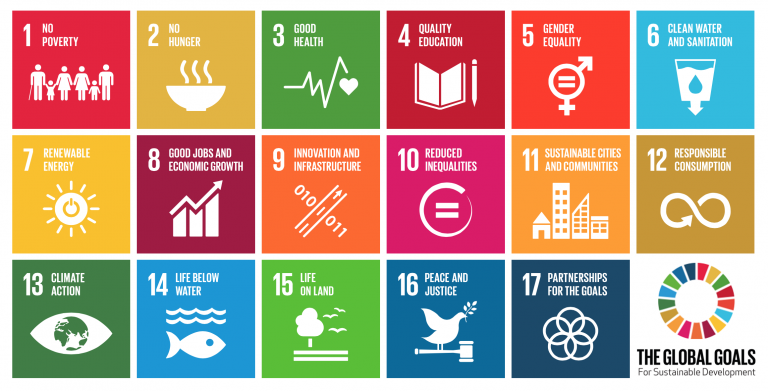Work less! The positive impact of reducing work hours
After attending the Global Presencing Forum (GPF) in 2014, Celine shares a number of lessons that we as Future Considerations practice in order to have greater impact in what we do at work and beyond work. Here is the fifth in our series of six.
I was fascinated to hear Juliet Schor, Professor of sociology at Boston College, share her research about how we can have a positive impact on the environment by working less. It’s simple really; productivity gains (derived from the information revolution increasing the productivity per person per hour) are channelled into reducing working hours. If the idea of working less for the same pay is not convincing enough then here are some of the facts that Professor Schor shared: Countries with long hours have higher carbon emissions and territorial footprint; Short hour countries have lower unemployment; Only a small minority of workers are benefiting from productivity gains through reduced hours. So the real question is what are we doing with our gains in productivity?
Lew Daly, Director of Policy and Research at Demos a leading player in the Beyond GDP movement, reminded us that the philosophy that ‘we will grow ourselves out of our problems’ is flawed. Firstly because we know that growth is not limitless, secondly because we know that well-being includes other public goods such as health care and education and other aspects of life that create happiness other than cash! He pointed out that a back-of-the-envelope calculation of per capita GDP in the US indicates that $200 000 of income is potentially available for a family of 4, whilst the reality is $65,000K dollars. So, the US could afford to not grow for 10 years!
Here’s a final sobering fact courtesy of OXFAM: 85 of the world’s richest people have the same amount of wealth as half the world’s population. So as we lead innovation and productivity gains, we must ask ourselves “for the sake of what and for whom”? At Future Considerations we’ve been exploring the concept of the Quadruple Bottom Line. There are many definitions of the fourth bottom line. We define it as the Human bottom line, in terms of enabling the highest potential of employees and workers in the supply chain. We work with clients to build freedom-centered and meaningful workplaces, and the question is whether we’ve all been missing a simple trick: use productivity gains to work less!




Leave a Reply